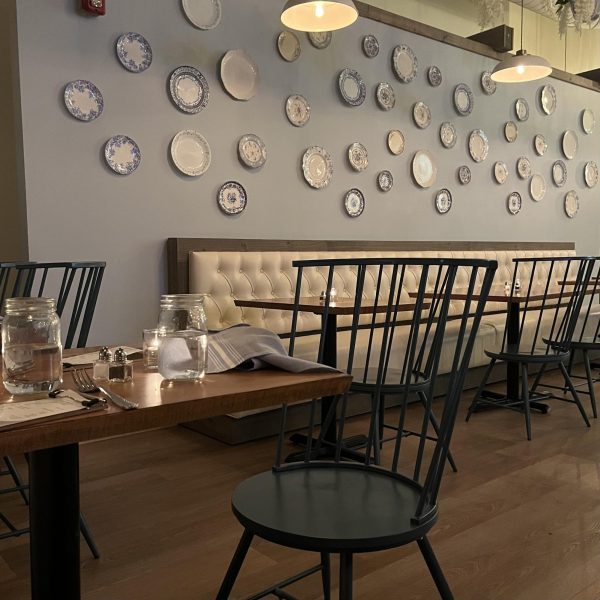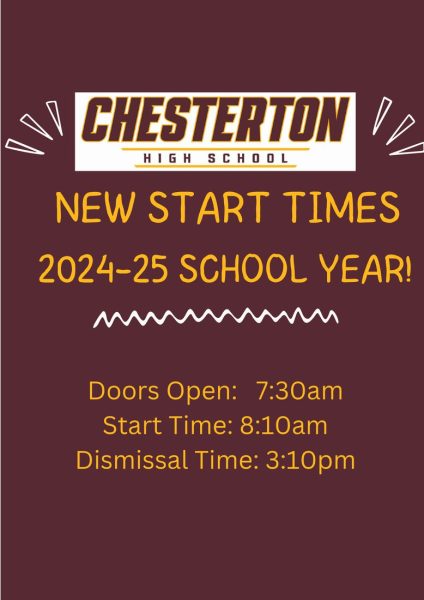The Pros and Cons of College
College can be important and a great opportunity for higher education, but it’s not for everyone.
April 7, 2022
College is the next step for many students getting out of High School. For many it offers higher education in many fields, and it gives better job opportunities. For some, however, college is an expensive gamble. Many students find it hard to keep up with book fees, food costs, and school equipment, and for many more, college is just not for them or their chosen career path. The following pros and cons might help decide whether college is for you.
First off, there are many pros to going to college. As mentioned, higher education is granted to students in college if they put in hard work, allowing them to explore opportunities they would’ve never had if they had found a job after high school. College also allows students to meet new people, like new friends, teachers, and staff. Through this networking, students’ future opportunities become more plentiful, simply by knowing more people. Another advantage is the opportunity to venture to new places. People travel to many different places to attend college, and classes may take field trips that help students learn about specific topics by experiencing them. An example might be: visiting a hospital to have hands-on experiences and immerse themselves in the medical field.
While attending college can provide amazing experiences for students and grant them opportunities into their desired career fields, there are many cons that come with committing to college. Some of these can be detrimental to students, their mental health, and their finances.
College is a very costly gamble, especially in today’s world. One could put his or her life savings into a class and then decide it’s not for them. Most students have to apply and receive approval for student loans to even attend college, which means they will have to pay back a very large sum of money over years. This wasn’t the case some years ago. According to CNBC, accounting for inflation, the cost of private colleges rose around 129%, with the rise in cost of public schools being even more expensive rising 213% since the 1980’s. However, there are other drawbacks about college that aren’t money related. Many people are completely financially secure and have a well paying job without getting a college degree, and this is even more true now with jobs sprouting from the internet, like content creation, digital art, and web design. These opportunities make attending college seem more and more unnecessary.
A final point against college is the issue of mental health. Mental health is very important and controls how someone acts, talks, and socializes, and unfortunately mental health issues for college students are on the rise. Rampant issues with anxiety and depression are common for college students, possibly resulting from the work pressure put on college students, as college is known for big workloads and relatively short timespans.
For some, college is a great place to build your skills and pursue a higher level of education, but for others, it’s an expensive game that doesn’t guarantee their future, and some might wish to work a job that doesn’t require a college degree. Overall, choosing to go to college should be based around the person asking.




